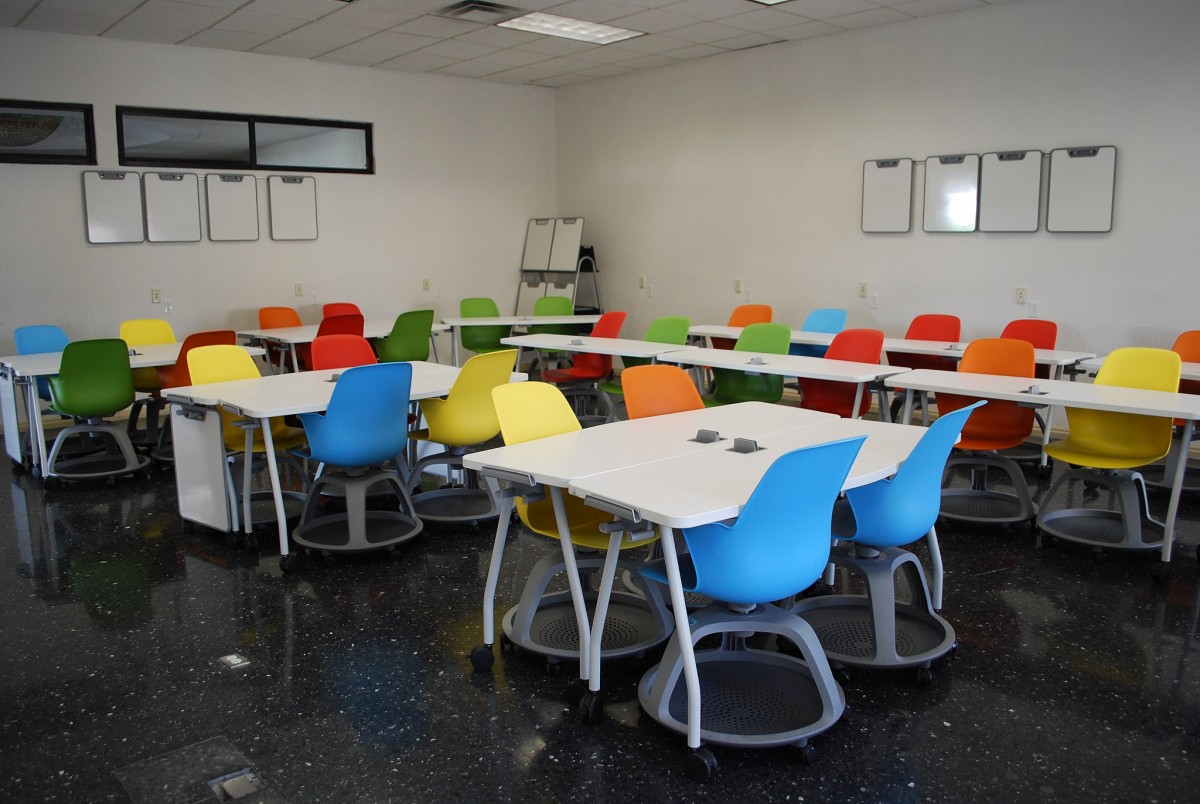Sponsored Content
Problems in the Austrian Education System as per the OECD: High Expenditure, Low Success
A recent study by the Organization for Economic Cooperation and Development (OECD) entitled “Education at a Glance” paints a critical picture of the Austrian education system. Despite high spending per student—US$16,604 in 2022 compared to an OECD average of US$11,843—Austria lags in key areas.
 The Austrian education system is facing major challenges. / Picture: © Wikimedia Commons / Thelmadatter, CC BY-SA 3.0
The Austrian education system is facing major challenges. / Picture: © Wikimedia Commons / Thelmadatter, CC BY-SA 3.0
The inheritance of education is particularly alarming: young adults whose parents are academics are almost four times more likely to obtain a university degree than those whose parents only completed compulsory schooling. At 38% (25- to 64-year-olds), the proportion of academics also remains below the OECD average of 41%.
Another point of criticism is the reading literacy of…
or Log In
Fast News Search





